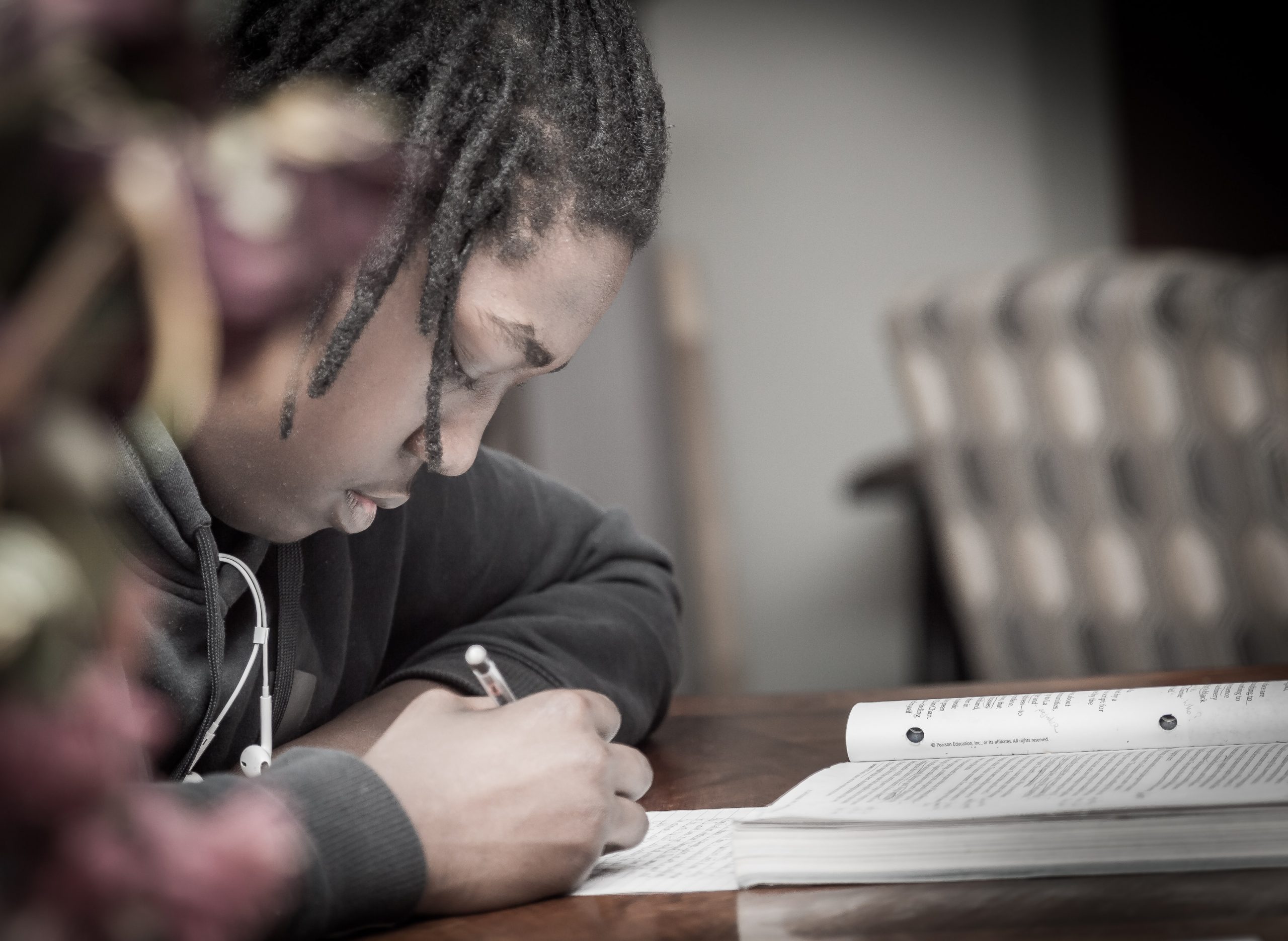Cwmbran High School
Richard Hull, Director, Talk The Talk

Jemima Bartley is Head of English at Cwmbran High School in Cwmbran, South Wales. Following the Talk The Talk programme being implemented with her Year 11 students in September, she chatted with us about literacy, the challenges facing educators and the idea of ‘success’ and ‘achievement’ needing to be more inclusive.
Q. What are the biggest challenges that teachers face today?
Some of the biggest challenges faced by teachers today are literacy levels of young people. This includes reading, writing and oracy. Other challenges include –
Time to embed all of the skills we are trying to develop for our learners.Limited parental engagement in some cases.Pupils being resilient and unprepared to problem solve. Pupils believing in themselves and having the confidence to give it a go. Many of our pupils are afraid of failure and so opt out before they’ve even tried.The focus on everything being about the academic outcome without enough opportunity for learners to ‘grow’ as an individual.The focus on wellbeing.
Q. How can we best help our students to discover their strengths?
By building their confidence in their own abilities and celebrating their achievements. Giving them opportunities that take them outside of their comfort zone and watch them build on what they know. Asking them to work with others from whom they can learn and/ or support. To instill the idea that they shouldn’t be afraid to ask questions nor should they be afraid of the responses that they should give with questions that are directed at them.
Q. What skills and qualities – besides academic achievements – do you believe every student should be equipped with by the time they leave school?
The ability to communicate clearly and make their ideas or messages heard. To feel confident to approach and connect with other people. To use a range of verbal and non-verbal skills to convey their responses and ideas. To be confident to express themselves in a range of situations and to believe in themselves.
Q. Teachers are busy and under pressure. Why did you choose to take on the additional responsibility of arranging a Talk The Talk day?
We felt that our pupils would benefit from the workshops as they would be given a range of trialled and tested strategies that would support them initially for their English Oracy assessments at GCSE.
Also, that these would be able to be developed in other lessons and other situations outside of school. Our pupils really benefited from training by professionals other than their teachers who could share with them real life experiences and take them through, step-by-step, a range of tips and ideas that were manageable and relevant to them. They have gone on to use these strategies in planning and completing their assessments as well as using them in a range of situations outside the classroom. It was an opportunity for them to see that the resources and guidance given by their teachers is functional and used in the real world.
The training was interesting for the teachers also who celebrated achievements with pupils who were less confident and had started the day dreading the experience but had survived and realised that they could do it – and with great success.
Those pupils who were more confident helped to develop a lovely working and supportive environment within the classroom, guiding, mentoring and modelling public speaking in the group whilst in pursuit of the engagement of the listener. A great deal of the lessons following this have made reference to the training the pupils received either by the teachers or the pupils.
Q. If we were sitting together a year from now, celebrating a major change in education in Wales, what would that change be and why would it be so important?
A further recognition that Literacy needs to be embedded in everything that we do. Wales has come a long way in bringing about this change on a bureaucratic level but this needs to have time to grow and develop before learners are deemed as unsuccessful when they haven’t had the time to fully develop these skills on a range of levels. The time and support to develop this across each school is essential.
There would be more recognition for those learners who don’t achieve the ‘C’ grade – some will never achieve this no matter how hard they work. It is incredibly disheartening and demoralising for these individuals to always be perceived as a failure.
We are trying to encourage our learners to persevere and be proud of their achievements. This idea of ‘success’ and ‘achievement’ needs to be more inclusive in order to appreciate the idea that everyone has something to offer and the opportunity to become successful.
Categories: News


